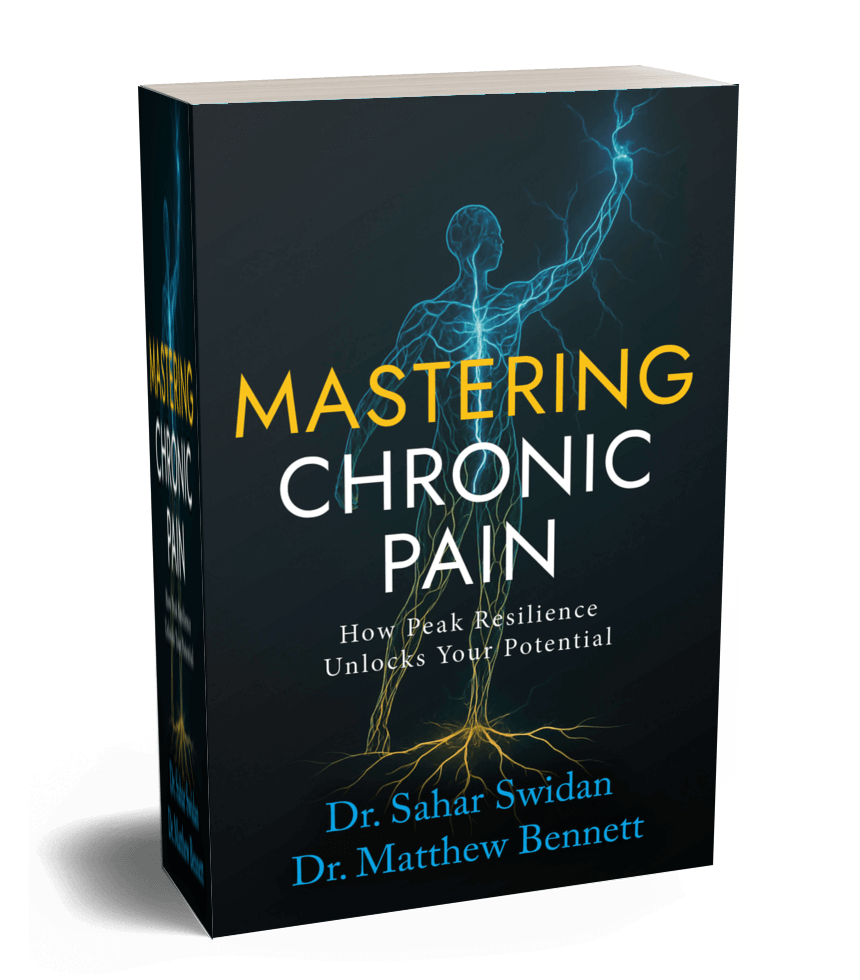When Melinda French Gates announced her $100 million commitment to women’s health this week in a national interview with Robin Roberts on Good Morning America, it sent a clear message: women’s health is finally beginning to receive the attention and funding it deserves. For pioneers like Donna White, who has been championing women’s health and provider education for three decades, the announcement underscores the urgent need for systemic change and validates a mission she has been pursuing tirelessly.
A Lifelong Mission to Educate Providers
Donna White, known widely as The Hormone Defender, has spent the last 30 years educating doctors and healthcare providers about effective protocols for menopause, hormone balance, and overall women’s wellness. Her work extends far beyond symptom relief. By training providers to recognize and treat hormone imbalance, she addresses conditions that directly affect women’s long-term health, from heart disease and bone density loss to mental health and quality of life.
Her bestselling book, The Hormone Makeover, became a #1 international bestseller in the Women’s Health category and cemented her role as a trusted voice in the field. White also serves on the advisory board of The Menopause Association, amplifying her influence on national conversations about women’s health policy and practice.
Scaling Impact: Reaching 100 Million Women
White and her team at the BHRT Training Academy have set a bold and measurable goal: to educate 100,000 medical providers. If each of those providers improves care for just 1,000 women, the ripple effect could impact 100 million women worldwide.
“Too many women are told their symptoms are just part of being a woman, or they’re given medications that mask the issues without addressing the root cause,” White explains. “Our mission is to change that by equipping providers with the knowledge and tools to make a lasting difference.”
Through training, certification programs, and an advisory network of pioneering doctors, White is ensuring that providers have access to the latest science, protocols, and case studies. Her approach is not only about healing individuals but also about reshaping medical culture to prioritize women’s unique health needs.
Stories That Speak Volumes
Behind the statistics are millions of personal stories. White’s team works closely with patients who have struggled for years — sometimes decades — to find answers. Many describe being dismissed, misdiagnosed, or simply told to “learn to live with it.” By the time they find a trained provider, the impact of proper care is often life-changing.
These stories reinforce what Gates, Oprah Winfrey, Halle Berry, Drew Barrymore, and other high-profile advocates have been emphasizing: women’s health is a critical, underfunded frontier of medicine. Donna White’s grassroots approach of educating providers and empowering patients complements the philanthropic commitments now being made at the highest levels.
The Intersection of Research, Advocacy, and Action
While Melinda Gates’ donation will fund research and innovation, White’s mission ensures that breakthroughs actually reach women in clinics, hospitals, and practices across the country. “Research is essential, but unless we educate providers, that research won’t reach the women who need it most,” White says.
Her dual role as both educator and advocate positions her uniquely to bridge the gap between policy-level initiatives and real-world patient care. By aligning with global conversations and mobilizing providers on the ground, White is creating a powerful model for scaling women’s health solutions.
A Movement Gaining Momentum
With new attention from philanthropists, media figures, and policymakers, the conversation around women’s health is accelerating. For Donna White, the timing is perfect. Her decades of experience, combined with a clearly defined goal of impacting 100 million women, place her at the forefront of a growing movement.
“Women deserve more than symptom management. They deserve solutions, respect, and care that acknowledges the unique complexities of their health,” White says. “This is our moment to change the narrative — and to change lives.”













